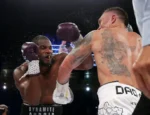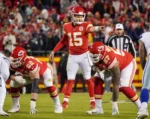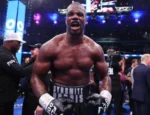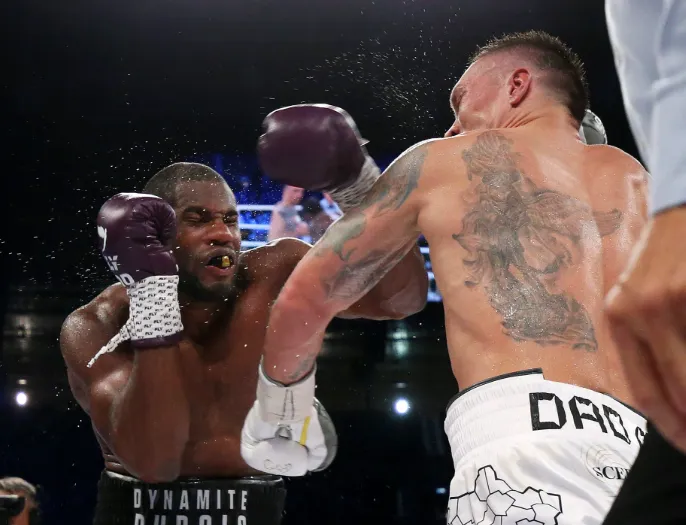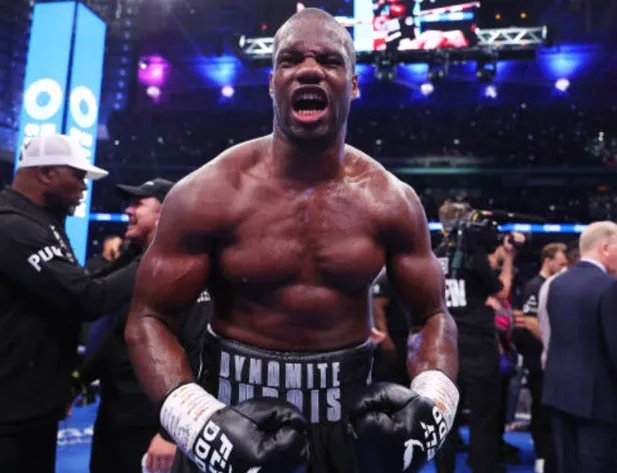
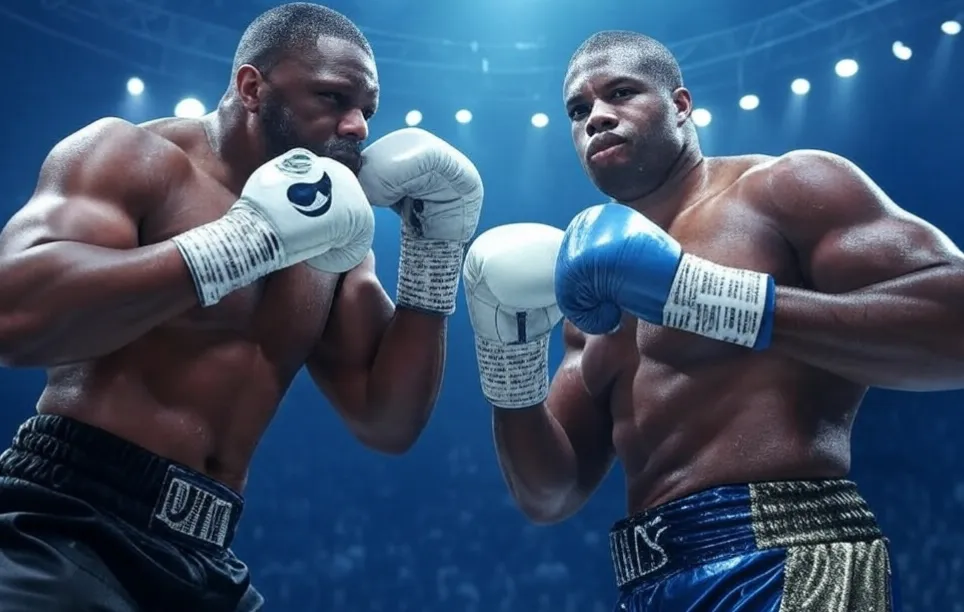
Daniel Dubois: Coward or Calculated? Publicly Refusing to Fight Derek Chisora Despite IBF’s Pressure
In the brutal and highly politicized world of heavyweight boxing, champions are constantly judged not just by who they beat—but by who they avoid. Daniel Dubois, fresh off a thunderous win over Anthony Joshua and now holding the IBF world title, is learning that the hard way. In the wake of his career-defining victory, the 26-year-old Brit is facing scrutiny not for his past opponents, but for the one he’s now refusing: Derek Chisora. The IBF has mandated Dubois defend his newly acquired title against the grizzled veteran. But Dubois and his team have made it clear they’re not interested, prompting a fierce debate across the boxing world. Is Dubois ducking a dangerous fight, or is he taking a smart, strategic stand with bigger goals in mind?
Daniel Dubois’ calculated rise to the top
The story of Daniel Dubois is one of redemption, resilience, and reinvention. Once labeled as a heavy hitter with a glass jaw after his TKO loss to Joe Joyce in 2020, Dubois has silenced critics with a string of impressive wins, culminating in a fifth-round stoppage of former champion Anthony Joshua. That victory not only earned him the IBF title but repositioned him as a force in the modern heavyweight era. Now, as a titleholder in a fractured division, Dubois holds leverage he never had before. And he knows it.
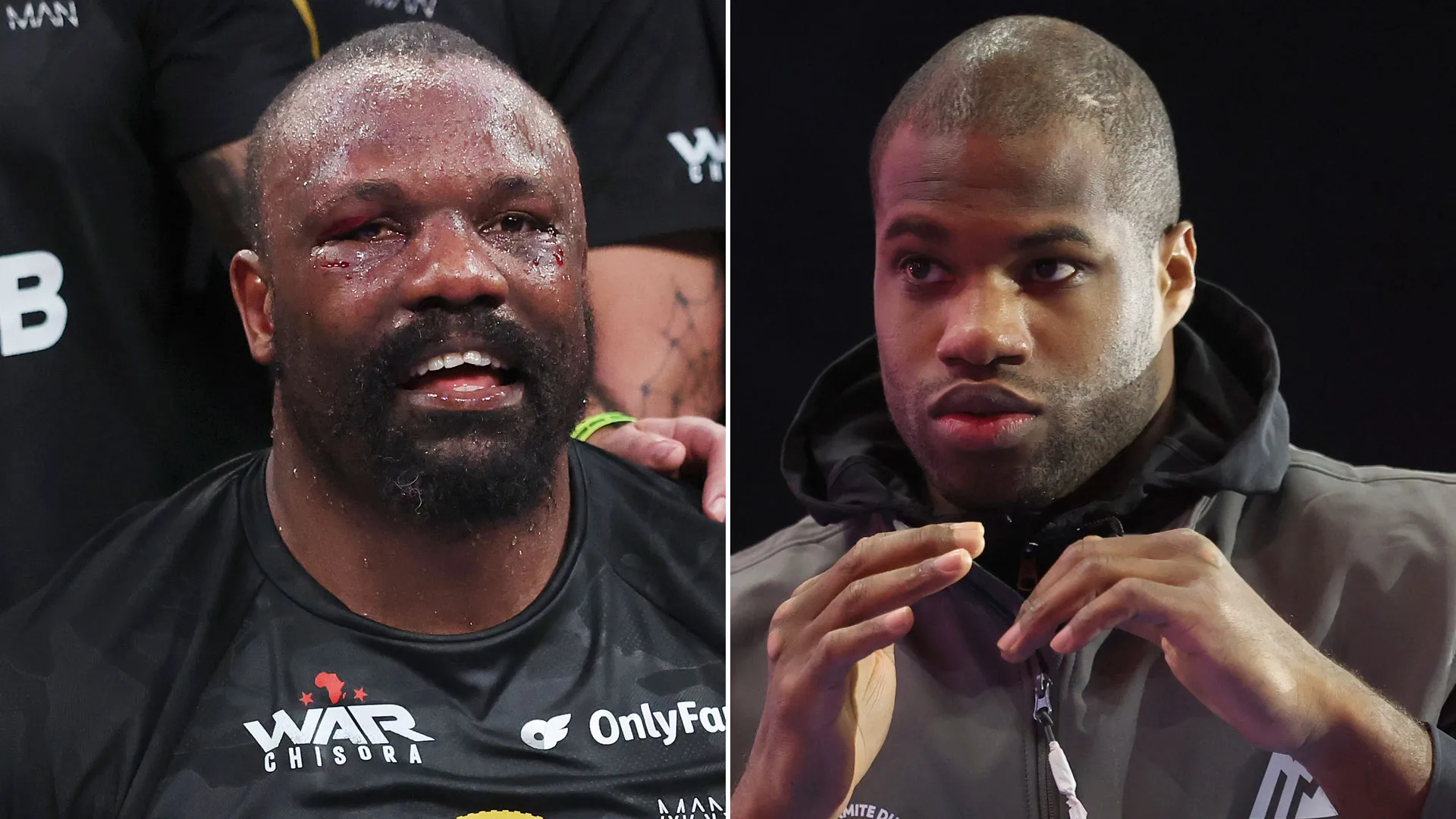
Rather than bask in the glory of his championship reign by taking on what many view as a lower-risk defense in Derek Chisora, Dubois has his sights set on a different kind of legacy—one shaped by unification fights, global recognition, and massive pay-per-view numbers. His team, led by Queensberry Promotions, appears to be pushing for a rematch with Oleksandr Usyk or a blockbuster clash with Tyson Fury. Both fights would offer far more prestige and financial incentive than a bout against Chisora, even if the latter is a fan-favorite warhorse.
By snubbing Chisora, Dubois is making a statement: he’s done being the gatekeeper for older names, and he’s now in pursuit of the biggest fights possible. Whether fans see this as strategic planning or selective matchmaking depends on how much value they place on mandatory defenses versus legacy-defining moments.
Derek Chisora’s lingering threat and hunger for gold
While Chisora may no longer be in his physical prime, he remains one of the most durable and dangerous fighters in the heavyweight division. Known for his relentless pressure, iron chin, and willingness to brawl, Chisora has given tough fights to some of the best in the world—including Tyson Fury, Dillian Whyte, and Oleksandr Usyk. His record may be spotty, but his reputation as a warrior is rock solid. Recently, wins over Otto Wallin and Joe Joyce have reignited his claim to relevance, earning him the IBF’s mandatory challenger status.
To many fans, the idea of Chisora receiving one last title shot is not just appealing—it’s deserved. In an era where sanctioning bodies are often accused of favoritism and confusion, Chisora clawed his way back into contention the hard way. And now, at 40 years old, he wants one final shot at heavyweight glory. For Dubois to deny him that moment has sparked backlash, particularly among British boxing fans who would love to see an all-UK title bout in London.
Chisora himself has been vocal, labeling Dubois’ reluctance as cowardice and calling him out publicly. The build-up for this fight was writing itself: the brash, aging veteran versus the young, powerful champion seeking validation. Yet despite all the narrative appeal, Dubois seems unwilling to entertain the bout. And it’s that very rejection that has stirred controversy.
IBF’s mandate and the power play behind the scenes
The International Boxing Federation (IBF) is notorious for its strict enforcement of mandatory defenses. Unlike the WBC or WBA, the IBF rarely grants exceptions, even for unification bouts. When the IBF ordered Dubois to defend his title against Chisora, they gave his team just 30 days to negotiate or face a purse bid. The message was clear: defend the title or risk losing it.
This puts Dubois in a delicate situation. If he follows through with his preferred plans—a unification fight against Usyk or a high-profile defense against a global star—he could be stripped of the IBF title. That would be a major blow to his standing as a unified champion and could create a rift between him and the sanctioning body. On the other hand, if he complies and faces Chisora, he risks injury, an upset, or simply wasting valuable time that could be spent securing bigger fights.
Behind closed doors, promoters are undoubtedly scrambling. Queensberry Promotions represents both Dubois and Chisora, creating a conflict of interest. Frank Warren must decide whether to back Dubois’ ambition or give Chisora the swan song he’s earned. The IBF, meanwhile, has little patience for politics. If Dubois refuses to fight, they’ll strip him—and possibly hand the belt to the winner of a fight between Filip Hrgovic and Frank Sanchez.
That’s the game of boxing: a brutal mix of athleticism and negotiation. And right now, Dubois is gambling that his long-term plan will be worth the short-term backlash.
Cowardice accusations and the pressure of public perception
Boxing, more than any other sport, is governed by perception. Fans expect champions to take on all challengers, especially when those challengers are battle-tested and publicly vocal. By turning down a fight with Chisora, Dubois has opened himself up to criticism from both media and the boxing community.
Many are calling him out for what they see as an act of cowardice—avoiding a tough veteran to cherry-pick easier or more lucrative opponents. This is exacerbated by Dubois’ past, particularly his loss to Joe Joyce, which some still point to as a sign of mental weakness. That loss, where Dubois appeared to take a knee and quit due to eye damage, has haunted him despite recent wins. Now, by refusing to face Chisora, critics argue he’s repeating history by ducking a dangerous opponent.
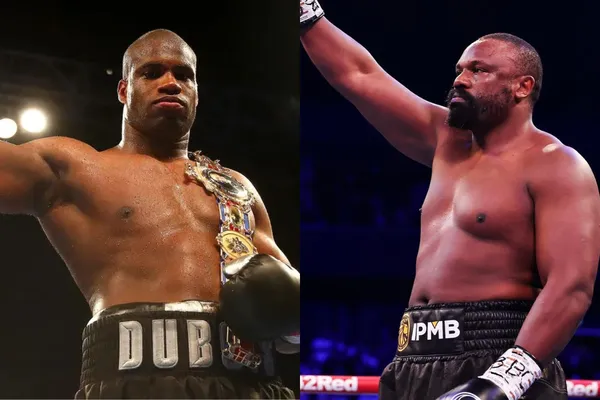
But others see it differently. Dubois isn’t avoiding a hard fight—he’s choosing a smarter one. Why risk a low-reward, high-risk fight against a veteran with nothing to lose when a second chance at Oleksandr Usyk or a legacy fight with Tyson Fury could change his life? In that context, Dubois’ decision looks less like fear and more like financial and career wisdom.
Still, the damage to his image may already be done. Boxing fans are fiercely loyal but equally critical. If Dubois is stripped and Chisora ends up fighting for a vacant title, fans may view Dubois as someone who ran from a challenge rather than facing it head-on. That’s a stain that doesn’t easily wash off.
What’s at stake in the heavyweight landscape
The decision Dubois makes in the coming weeks will ripple across the heavyweight division. If he defies the IBF and is stripped, it opens the door for new contenders like Hrgovic, Sanchez, or even Jared Anderson to claim the belt and inject fresh blood into the title picture. Meanwhile, Dubois would be left with fewer belts but potentially bigger fights. If he relents and fights Chisora, he maintains his championship status but delays or loses opportunities to unify the division.
The heavyweight scene in 2025 is more fluid than ever. With Tyson Fury semi-retired, Usyk eyeing retirement after a few more bouts, and Anthony Joshua now on the comeback trail, there’s a clear lane for Dubois to become the face of the division. But that path requires careful moves, and perhaps, some unpopular decisions.
Dubois must weigh his options: defend against Chisora and earn public respect, or chase legacy and money at the risk of backlash. It’s not an easy decision, and it highlights the fine line between being brave and being smart in a sport where one wrong move can cost everything.
Conclusion: Strategy, stakes, and legacy
Daniel Dubois stands at a pivotal crossroads in his career. His refusal to fight Derek Chisora, despite an IBF mandate, has divided fans and insiders alike. Some see a coward avoiding a tough fight. Others see a calculated champion managing risk in pursuit of greatness. Both views are valid, depending on what you value more in a fighter: raw courage or championship longevity.
One thing is certain: Dubois’ decision will define how he is remembered. If he goes on to unify the heavyweight division, his choice to skip Chisora will be seen as shrewd. If he stumbles, critics will point back to this moment as the one where he chose the easy path.
In boxing, legacy isn’t just built in the ring—it’s forged in the decisions outside of it. And Daniel Dubois has just made one that could echo for years to come. Whether it was cowardly or calculated remains to be seen. But in this unforgiving sport, perception may matter just as much as results.

